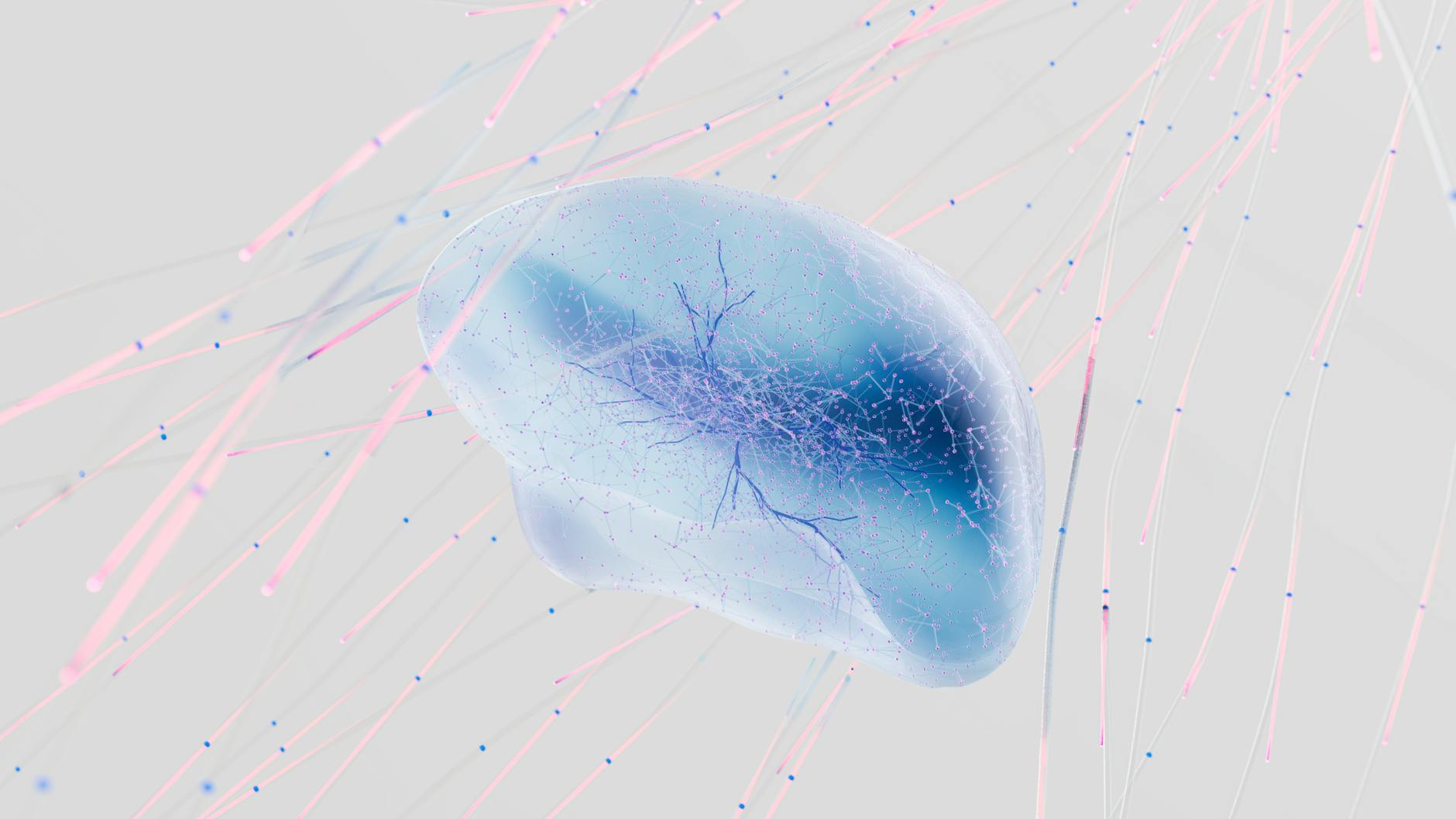Sugar Substitute Shock: The Hidden Dangers of Erythritol to Your Brain Health
In our quest for a sugar-free diet, we may be putting our brain health at risk. The alarming truth about erythritol, a popular sugar substitute, is that it's linked to brain cell damage and stroke risk. Let's uncover the hidden dangers of this seemingly harmless sweetener.
The Rise of Sugar Substitutes: A Sweet Deception?
The sugar substitute market is booming, projected to reach $24.5 billion by 2025. But at what cost?

The Unsettling Science: Erythritol's Link to Brain Cell Damage and Stroke Risk
A 2020 study published in the journal Stroke found that erythritol consumption increases the risk of blood clots, leading to stroke. But that's not all – it may also be contributing to brain cell damage, with long-term cognitive implications.
"The potential risks associated with erythritol are staggering," says Dr. Maria Rodriguez, a leading expert in nutrition and brain health. "We're seeing a direct link between erythritol consumption and brain cell damage, which can have devastating effects on cognitive function."
So, how does erythritol wreak havoc on our brain cells? The answer lies in its unique metabolic pathway, which interacts with the gut microbiome, leading to the production of advanced glycation end-products (AGEs). AGEs are notorious for their role in oxidative stress, inflammation, and brain cell damage.
The Gut-Brain Connection: Unraveling the Mystery
The relationship between the gut and brain is complex, and research suggests that erythritol's impact on the gut microbiome may be the key to understanding its effects on brain health. The gut microbiome plays a crucial role in regulating inflammation, and an imbalance (dysbiosis) has been linked to various neurological disorders, including Alzheimer's disease, Parkinson's disease, and multiple sclerosis.
When erythritol interacts with the gut microbiome, it can disrupt the delicate balance of the microbiome, leading to increased inflammation and oxidative stress. This, in turn, can damage brain cells and contribute to cognitive decline. The implications are staggering – our quest for a sugar-free diet may be putting our brain health at risk.
The Bigger Picture: A Call to Action for Consumers and Manufacturers
The link between erythritol and brain cell damage is a wake-up call for consumers and manufacturers alike. While sugar substitutes may seem like a harmless alternative to sugar, the science suggests that we need to be more cautious in our consumption. As consumers, it's essential to read labels carefully and be aware of the potential risks associated with sugar substitutes.
Manufacturers, on the other hand, have a responsibility to ensure that their products are safe for consumption. This means investing in further research and considering alternative sweeteners that don't come with the same risks as erythritol.
Key Takeaways
- Erythritol, a popular sugar substitute, is linked to brain cell damage and stroke risk.
- The gut microbiome plays a crucial role in regulating inflammation and brain health.
- Consumers and manufacturers must be aware of the potential risks associated with sugar substitutes.
Conclusion: A Sweetener Saga
The story of erythritol serves as a reminder that even the most seemingly harmless ingredients can have far-reaching consequences for our health. As we strive for a healthier lifestyle, it's essential to stay informed and make conscious choices about the foods we eat. The rise of sugar substitutes may have been a sweet deal, but it's time to take a closer look at the fine print.
"It's time for us to rethink our relationship with sugar and prioritize our health above all else," says Dr. Rodriguez. "By staying informed and making conscious choices, we can reduce our risk of brain cell damage and stroke, and live a healthier, happier life."
Read more: (Read more: Our Guide to Sugar-Free Living)

Learn more about the gut-brain connection and its impact on brain health: Gut-Brain Axis in Neurodegenerative Disorders.
